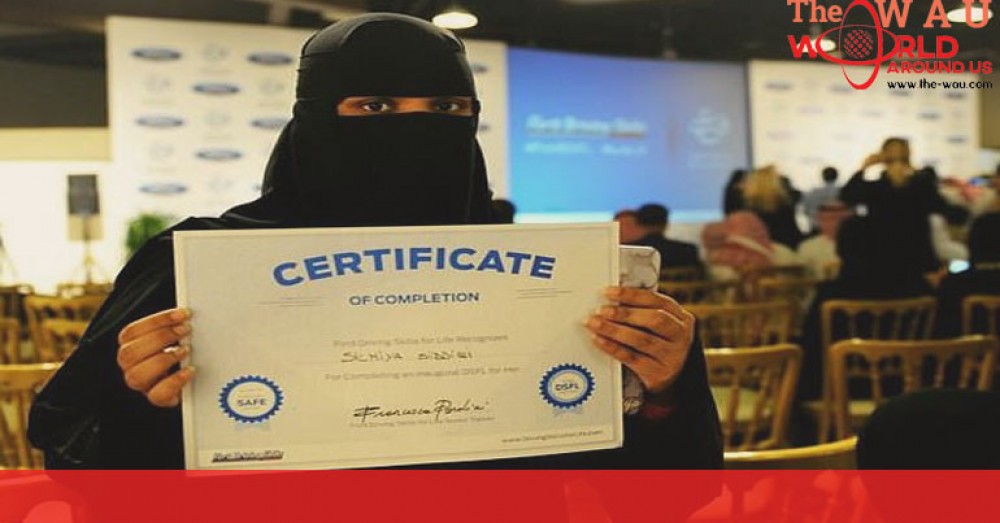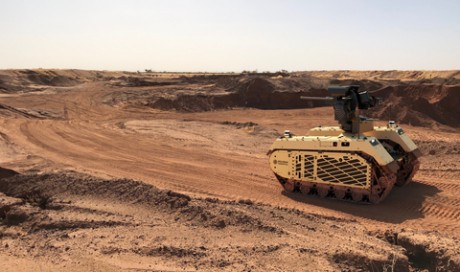Saudi Arabia will allow women to drive from Sunday, ending the world’s only ban on female motorists, a historic reform marred by what rights groups call an expanding crackdown on activists.
Potentially thousands of female drivers are set to take the wheel on Sunday, a long-awaited rite of passage for women in the kingdom that many say could usher in a new era of social mobility.
For many women the move should prove transformative, freeing them from their dependence on private chauffeurs or male relatives and resulting in big family savings.
The kingdom earlier this month began issuing its first driving licences to women in decades, with some swapping their foreign permits for Saudi ones after undergoing a practical test.
Some three million women in Saudi Arabia could receive licences and actively begin driving by 2020, according to consultancy firm PricewaterhouseCoopers.
A handful of female driving schools have cropped up in cities like Riyadh and Jeddah, training women to drive cars and also Harley Davidson motorbikes — scenes that were unimaginable even a year ago.
Many Saudi women have ebulliently declared plans on social media to drive their mothers for coffee or ice cream as soon as the ban ends on Sunday, a mundane experience elsewhere in the world but a dazzling novelty in the desert kingdom.
For decades, hardliners cited austere Islamic interpretations to justify the driving ban, with some asserting that women lack the intelligence to drive and that lifting the prohibition would promote promiscuity.
The decision to lift the ban was catalysed in large measure by what experts characterise as economic pain in the kingdom owing to a protracted oil slump.
The move is expected to boost women’s employment, and according to a Bloomberg estimate, add $90 billion to economic output by 2030.
Share This Post















